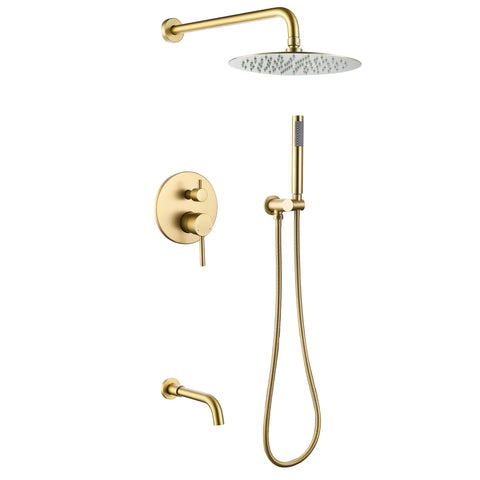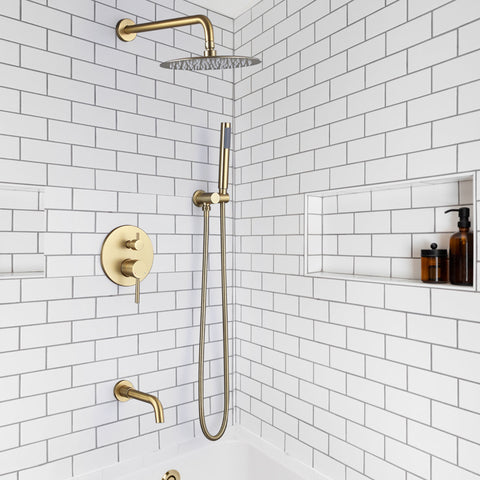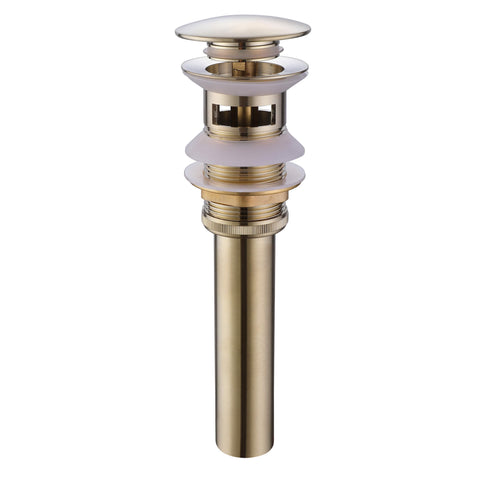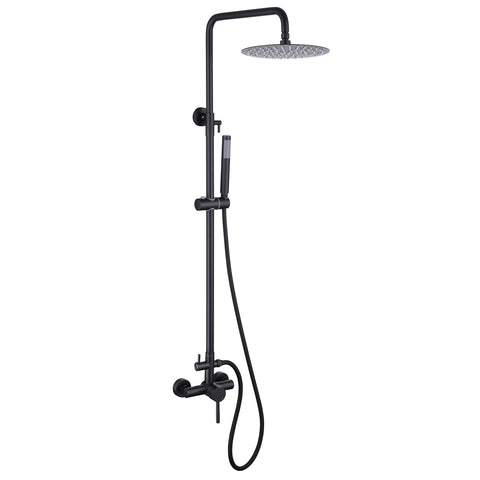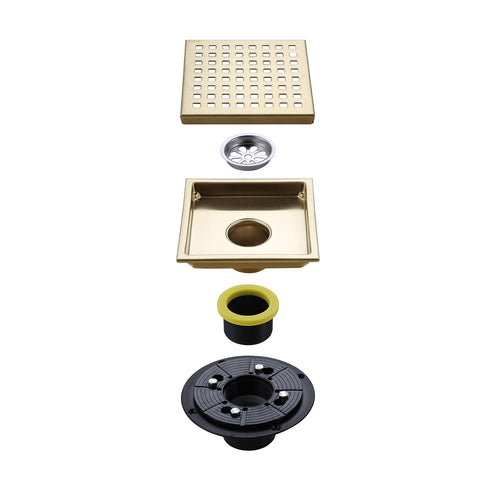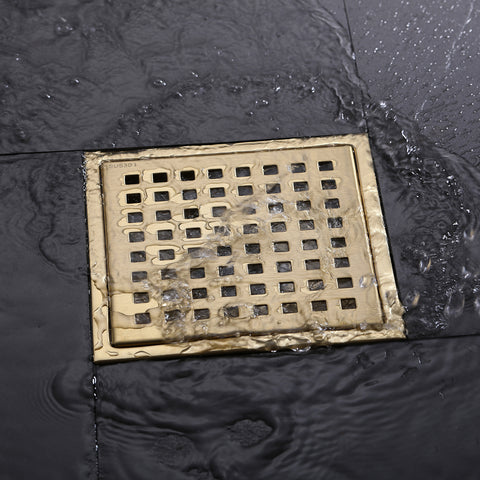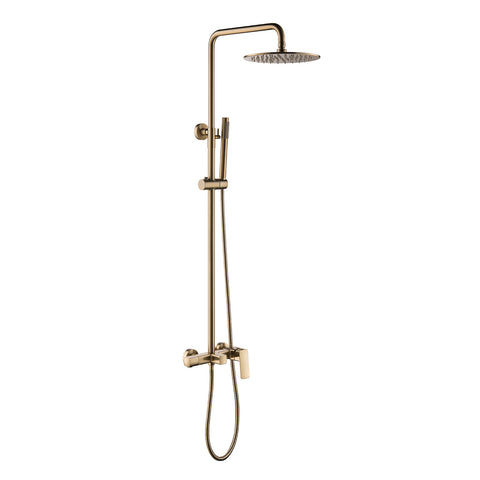Can You Take a Shower in Thunderstorm Weather?
Understanding the Concerns
The primary concern about taking a shower during a thunderstorm revolves around the potential risk of being electrocuted due to lightning strikes. When lightning strikes a building, the electricity can travel through the plumbing and wiring, potentially causing harm to anyone using water-related appliances, including showers. This concern is not unfounded, as there have been cases of lightning-related accidents involving plumbing and electrical systems.
The Science Behind the Caution
Lightning is a powerful natural force that can travel through various conductive materials, including metal plumbing pipes and electrical wiring. When lightning strikes a building, it follows the path of least resistance, which can include your home's plumbing system. If you're in the shower during a thunderstorm, the water can act as a conductor, and the electrical current from a lightning strike could potentially travel through the pipes and enter the bathroom, putting you at risk.
Is It Safe to Shower During a Thunderstorm?
While the risk of being struck by lightning while taking a shower is relatively low, it's not entirely impossible. To minimize the risk and ensure your safety during a thunderstorm, it's advisable to take the following precautions:
- Wait it Out: If you hear thunder or see lightning, it's best to postpone your shower until the storm has passed. Lightning can strike even before rain starts falling or after it has stopped, so exercise caution and be patient.
- Unplug Electrical Appliances: To further reduce the risk of electrical accidents during a storm, unplug any electrical appliances in your bathroom, such as hairdryers or curling irons.
- Avoid Contact with Water: Avoid touching any taps, faucets, or other plumbing fixtures during the storm to minimize the risk of electric shock.
- Use Battery-Powered Devices: If you need to listen to weather updates or stay in touch during the storm, rely on battery-powered devices like a battery-operated radio or flashlight.
- Consider a Lightning Rod: Lightning rods are designed to direct lightning safely into the ground. Installing a lightning rod on your home can help reduce the risk of electrical surges during a thunderstorm.
Conclusion
While the chances of being struck by lightning while taking a shower during a thunderstorm are relatively low, it's always better to err on the side of caution. The potential risks associated with using water and electrical appliances during a thunderstorm make it advisable to postpone your shower until the storm has passed. By following these safety tips and understanding the science behind the concerns, you can stay safe and enjoy a refreshing shower when the weather clears up. Remember, safety should always be your top priority when it comes to unpredictable and potentially dangerous weather conditions.
